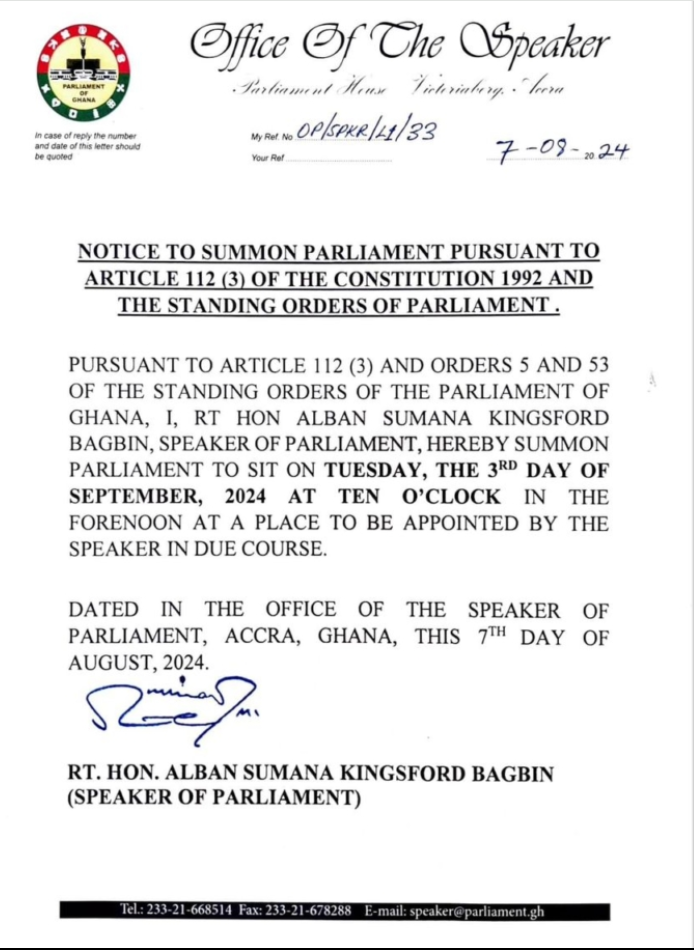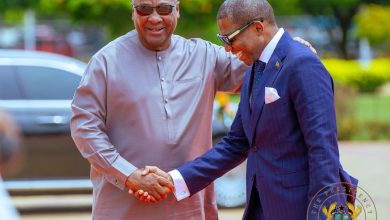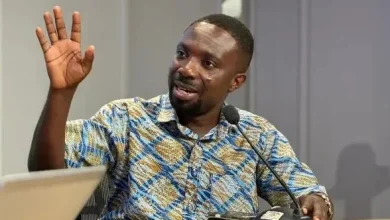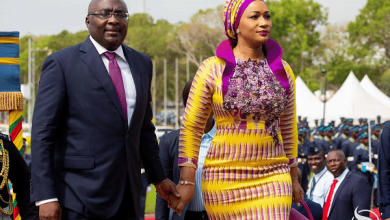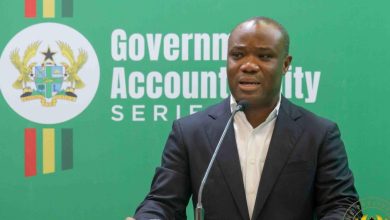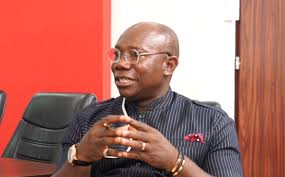Parliament recalled for sitting on September 3
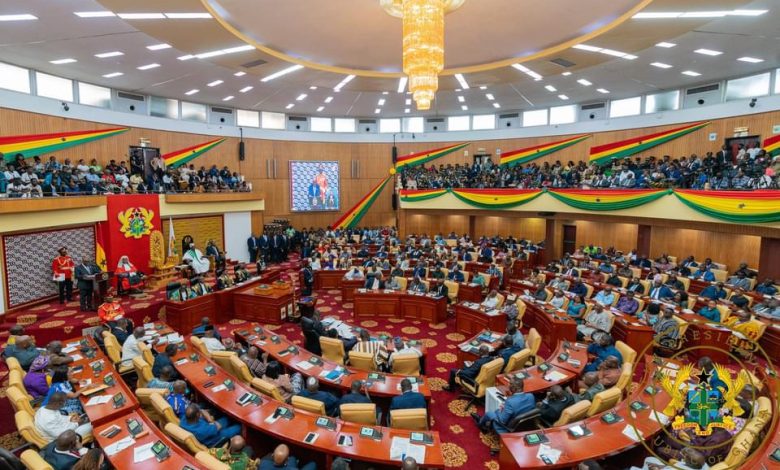
Speaker of Parliament, Alban Bagbin, has summoned Members of Parliament to meet on Tuesday, 3rd of September at a place and venue to be communicated later. It follows a petition by Majority Leader Alexander Afenyo-Markin.
Mr. Bagbin, in a statement, noted that Members of Parliament serve a dual role. They are first and foremost representatives and leaders of their constituencies, charged with the responsibility of engaging with, accounting to, and addressing the needs of their constituents.
He said, If MPs are continually summoned back to Parliament for Meetings that could be scheduled within the regular parliamentary calendar, this balance would be disrupted.
He added that a literal understanding of the provisions for a recall from recess could be weaponized by factions within Parliament to serve partisan interests, rather than the national interest.
Read the full statement below
